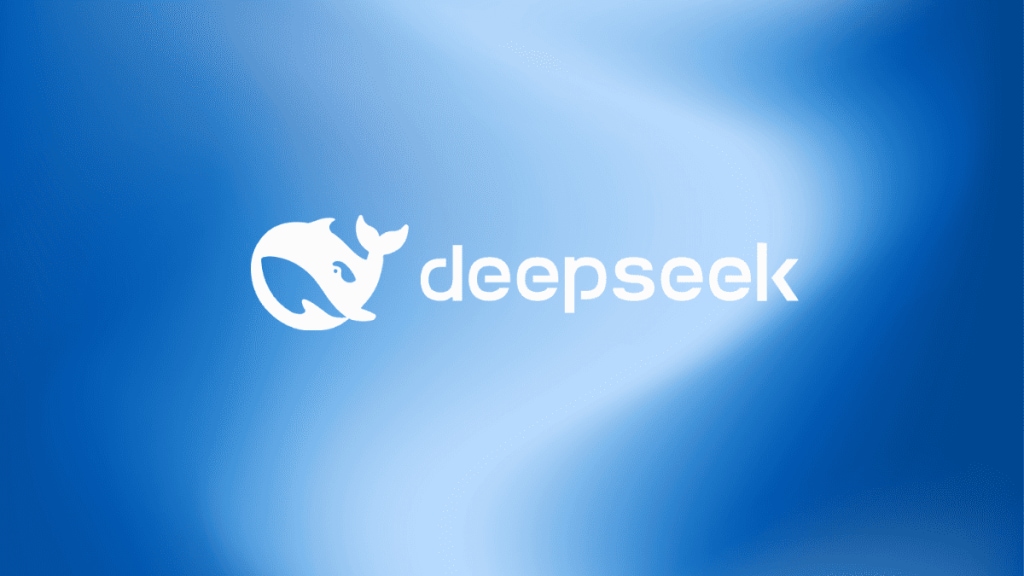Chinese AI startup DeepSeek has recently garnered attention with its launch of a ChatGPT competitor, claiming that its AI assistant provides similar performance at a fraction of the cost. Netizens have been quick to comment on the AI’s handling of politically sensitive issues. On platforms like Reddit, users noticed that when DeepSeek was asked about the infamous 1989 Tiananmen Square protests, the AI initially began to respond but quickly replaced its answer with a generic error message stating, “Sorry, that’s beyond my current scope. Let’s talk about something else.” Similarly, when prompted about Taiwan or the Chinese government’s policies, the chatbot showed signs of censorship, offering responses that were vague or aligned with the Chinese government’s official stance.
The development has shaken up the AI landscape, drawing significant interest from investors. Nvidia’s shares dropped around 15% following the news, signalling the potential impact of DeepSeek’s entry into the market. However, the AI model also faces substantial scrutiny due to its compliance with Chinese censorship laws, which limit its ability to address sensitive topics.
The AI’s refusal to discuss certain topics has sparked an ongoing debate among users. Some have speculated that the DeepSeek model is intentionally designed to avoid controversial discussions, while others suggest that this may be the result of a built-in content filter on the hosted platform, which could be disabled in self-hosted instances. Some have tried to bypass these restrictions by asking more direct questions, only to encounter similar evasive responses, reinforcing the idea that the chatbot is following strict censorship guidelines.
According to media reports, one user reported that after asking about Tiananmen Square, the AI produced an internal dialogue in which it acknowledged the need to present China’s official position on issues related to ethnic unity and stability, before issuing a politically neutral response. This transparency about the AI’s content filtering processes has raised concerns about how much control governments could exert over AI models in the future, particularly in authoritarian states.
Despite the censorship, DeepSeek’s free, open-source AI models have garnered significant praise for their reasoning capabilities, particularly in benchmarks where they outperform OpenAI’s models. However, users have also expressed concern about the potential for these AI systems to be used as tools for spreading state-approved narratives, particularly when it comes to sensitive political topics. Netizens are keeping a close eye on how companies like DeepSeek balance innovation with the strict political and social guidelines imposed by governments. The increasing use of AI as both a tool for communication and a mechanism for controlling information has sparked significant debates about the future of free speech in the digital age.
What is the Tiananmen Square protest?
The Tiananmen Square protests were a series of pro-democracy demonstrations that took place in Beijing during the spring of 1989, sparked by growing demands for political and economic reform. The protests gained momentum after the death of reformist leader Hu Yaobang, leading students and citizens to gather in Tiananmen Square, calling for greater individual freedoms and an end to corruption. Despite initial warnings, the Chinese government, led by hardliners, declared martial law and, in the early hours of 4 June, 1989, deployed the military to violently suppress the protests, resulting in a significant number of casualties. The iconic image of “Tank Man,” a lone protester facing down a row of tanks, became a symbol of resistance. The Chinese government has since minimised the incident, censored discussions about it, and banned public commemoration.

